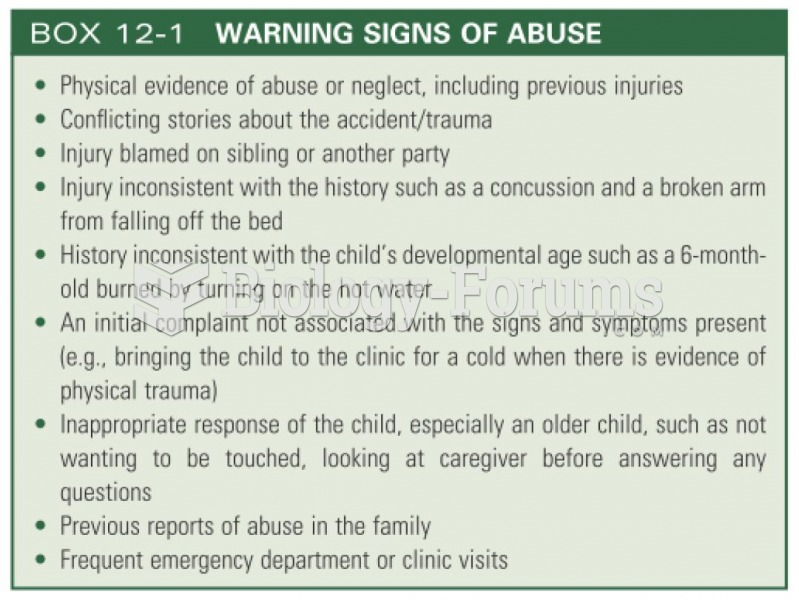Answer to Question 1
Clinical:
Overweight related to physical inactivity and excessive energy intake as evidenced by BMI of 24.9
Ideal Goal: BMI within normal range and less than 85th percentile
Intervention: Nutrition counseling with focus on behavioral modification (refer to specific interventions associated with the intake and behavioral problems defined below).
Intake:
Excessive energy intake (or oral food/beverage intake) related to snacks and meals consisting of calorically dense foods and beverages such as whole milk, regular sweetened sodas, and fried foods as evidenced by typical daily caloric intake of approximately 4400 kcal compared to recommended daily intake of 1800-2000 kcal
Ideal Goal:Average daily kcal intake within recommended range of 1800-2000 kcal
Intervention:Nutrition education to develop alternative foods and beverages that are nutrient dense. Modify distribution, type, and amount of foods within meals and snacks to include:
Reduced-fat milk
Water for thirst instead of sweetened colas
Decreased portion sizes
Increase of fruits, vegetables, and whole grains
Behavioral/Environmental:
Physical inactivity related to overweight, fatigue and limited PA at school as evidenced by usual activities limited to playing video games and reading
Ideal Goal:Increase in physical activity (can specify an amount or type if desired)
Interventions:In this case, interventions may not necessarily be directed at the etiologies as defined but be designed to lessen signs and symptoms; therefore, nutrition counseling would use the strategies of goal setting, rewards and reinforcement (not foods), and social support to promote physical activities that are realistic and appropriate for both Jamey and her parents. Students should include in their answer the need for exploring a variety of options that are fun and non-competitive.
Undesirable food choices related to knowledge deficit and low intake of fruits and vegetables as evidenced by frequent intake of juices, whole milk, sweetened beverages, refined carbohydrates, fried foods, and high-fat meals.
Ideal Goal:Even though this PES statement is quite similar to the intake example noted above, the goals would be defined slightly differently. Instead of a specific caloric goal, goals for this PES would be based on the amount and type of foods described in the signs and symptoms, such as no more than 4 oz of fruit juice daily or limit fried foods to one time weekly, etc.
Intervention:A similar intervention as noted in the intake section above is appropriate as well.
Food- and nutrition-related knowledge deficit as evidenced by Jamey's mother inquiring about the use of food rewards to motivate an increase in physical activity and exercise
Ideal Goal:Jamey's mother providing appropriate non-food rewards to motivate an increase in physical activity
Intervention:Nutrition education stating the purpose and use of family counseling theory and strategies that include problem solving, social support, and goal setting.
Answer to Question 2
The kidneys maintain homeostatic balance in the body through 3 basic functions:
Filtration: Continuous filtration of blood removes waste products and fluid.
Electrolyte/pH balance: the kidney plays a crucial role in regulating the blood levels of electrolytes and maintaining physiological pH (via regulating H+ and HCO3- reabsorption/excretion)
Blood pressure control
- Specialized cells (of the glomerulus) in the kidneys secrete renin to form angiotensin I
- Angiotensin I is converted to angiotensin II, a powerful vasoconstrictor
- Angiotensin II also stimulates production of aldosterone and control of blood pressure
Hormone production
- Kidneys produce erythropoietin, a hormone responsible for red blood cell production in bone marrow
- Active form of vitamin D is also produced by the kidneys, allowing calcium to be absorbed







